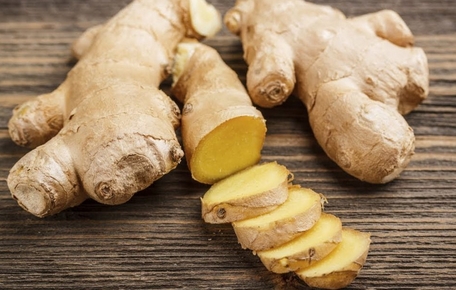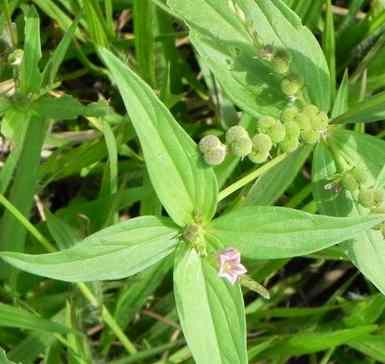
support@yorubalibrary.com
+2348073529208, 07038599574

Zingiber officinale, commonly known as ginger and referred to as Ata-Ile in Yoruba, is a powerful root widely revered in Yoruba traditional medicine. This root has been utilized for centuries due to its extensive health benefits and culinary uses.
Key Facts
Category: Corm
Botanical Name: Zingiber officinale
Common Name: Ginger
Yoruba name: Ata Ile
Igbo Name: Jinga
Hausa Name: Chita
The Botanical Profile of Ata-Ile
Ginger belongs to the Zingiberaceae family and is characterized by its aromatic rhizome. The root is knobby and branched, with a brown skin and a yellowish interior. It is renowned for its pungent and spicy flavor, which is a staple in many Yoruba dishes.
Traditional Uses of Ata-Ile in Yoruba Culture
1. Culinary Uses:
Spice:
Ata-Ile is a common spice in Yoruba cuisine, enhancing the flavor of soups, stews, and sauces.
Beverages:
It is also used in traditional drinks, such as ginger tea, which is popular for its warming and soothing properties.
2. Medicinal Uses:
Digestive Aid:
Ata-Ile is highly effective in treating digestive issues, including indigestion, nausea, and bloating.
Anti-inflammatory:
It is used to reduce inflammation and relieve pain, particularly in conditions such as arthritis.
Respiratory Health:
Ginger is beneficial in alleviating symptoms of colds and flu, acting as an expectorant to clear the respiratory tract.
Want to treat common ailments such as Malaria, Cough, Measles, Typhoid, Pile etc naturally without spending much? Grab a copy of Authentic Herbal Solutions: 15 Common Ailments & Their Natural Cures. A practical eBook recommended for everyone regardless of tribe, religion or association. Order below or Download sample here
AUTHENTIC HERBAL SOLUTION #4KOne Yoruba proverb says "Bí olóde ò kú, òde rè kì í wu Gbégi". Do you know that Gbégi is actually a leaf/plant? Get Yoruba Proverbs on Plants and Herbs, which is a collection of Untold Wisdoms Hidden in Leaf and plants comprising their Life Applications & Moral Teachings. Order below or download sample here
YORUBA PROVERBS ON PLANTS #4KMedicinal Value of Zingiber officinale
1. Antioxidant Properties: Ginger is rich in antioxidants, which help in protecting the body against free radicals and oxidative stress. This plays a crucial role in preventing chronic diseases and promoting overall health.
2. Anti-inflammatory Effects: The bioactive compounds in ginger, such as gingerol, have potent anti-inflammatory effects. This makes Ata-Ile valuable in managing conditions like osteoarthritis and rheumatoid arthritis.
3. Digestive Health: Ata-Ile aids in digestion by stimulating saliva and bile production, which enhances the breakdown and absorption of food. It is also effective in preventing nausea, making it a common remedy for morning sickness and motion sickness.
4. Immune System Support: Regular consumption of Ata-Ile boosts the immune system, helping the body to fend off infections and illnesses. Its antiviral and antibacterial properties make it an essential component in traditional remedies for colds and flu.
5. Pain Relief: Ginger's analgesic properties are well-documented in Yoruba traditional medicine. It is used to alleviate menstrual pain, headaches, and muscle soreness, providing a natural alternative to conventional painkillers.
Conclusion
Zingiber officinale (Ata-Ile) stands out as a cornerstone in Yoruba traditional medicine, offering a multitude of health benefits. Its culinary versatility and medicinal properties make it an invaluable root in promoting overall well-being and treating various ailments.
Have you heard of our Yoruba Herb Dictionary? This contains names of Yoruba Leaf, Roots, Barks, Characteristics, Properties & Identification with HD Pictures. Order below or download sample here
A-Z HERBS & LEAF DICTIONARY #4K
Know more about the Yoruba traditional uses and he…

Learn about Ewe Aran, a potent Yoruba medicinal le…